

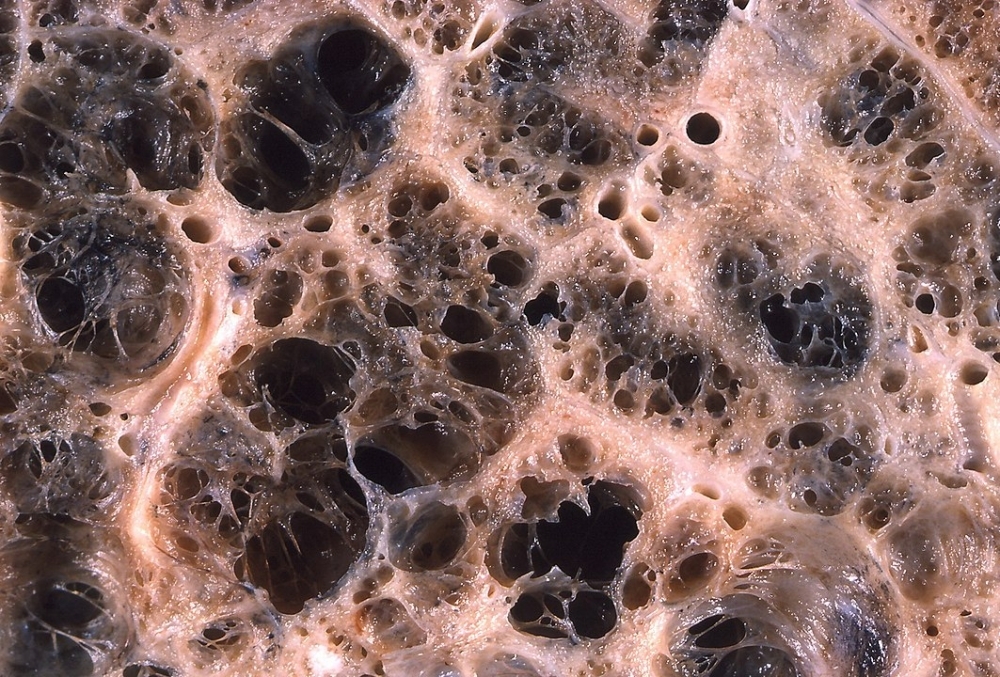
Researchers affiliated with the University of São Paulo’s Medical School compared immune cells from COPD patients, healthy young and old adults, and smokers. The finding helps explain why these patients respond poorly to vaccines and are more susceptible to infections.
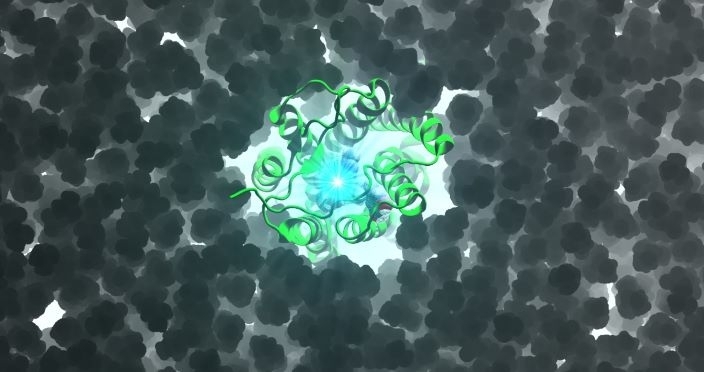
The computational platform developed by the firm, with FAPESP’s support, is capable of screening billions of molecules.

This was the conclusion reached by a study conducted in Brazil that analyzed data for 3,875 elderly men and women collected over an eight-year period. An article on the study is published in The American Journal of Clinical Nutrition.
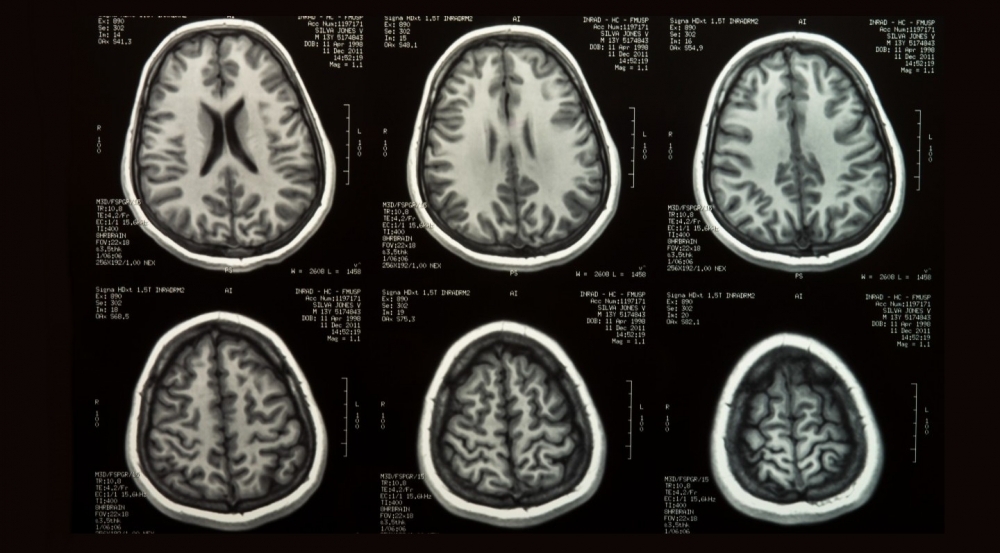
Conducted by an international group that included Brazilian scientists, the project created charts that show how the brain grows rapidly in early life and shrinks as we age. The researchers hope the charts will one day be used in clinical practice.
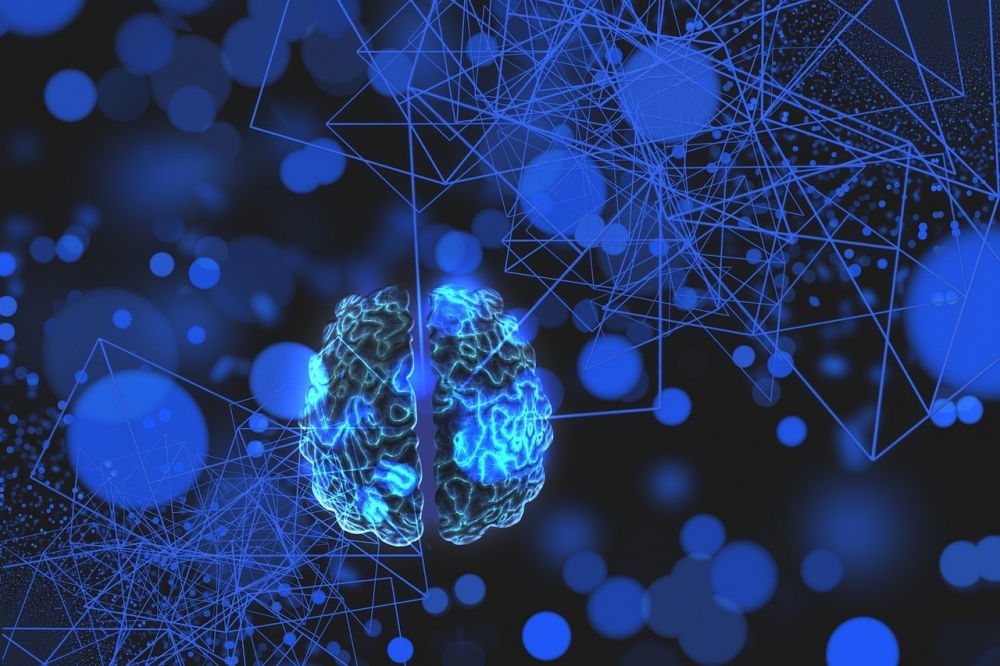
An article published in Nature by a consortium of researchers from 45 countries, including Brazil, reports on a study that analyzed data for 300,000 people and could pave the way for the development of novel therapies.
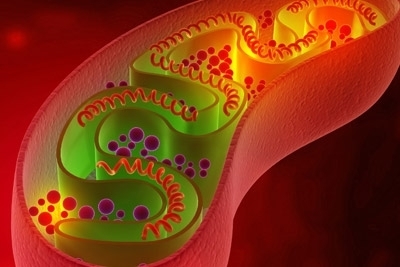
Findings published by researchers at the University of São Paulo may point to novel therapeutic targets for aging-related disorders such as neurodegenerative and cardiovascular diseases.
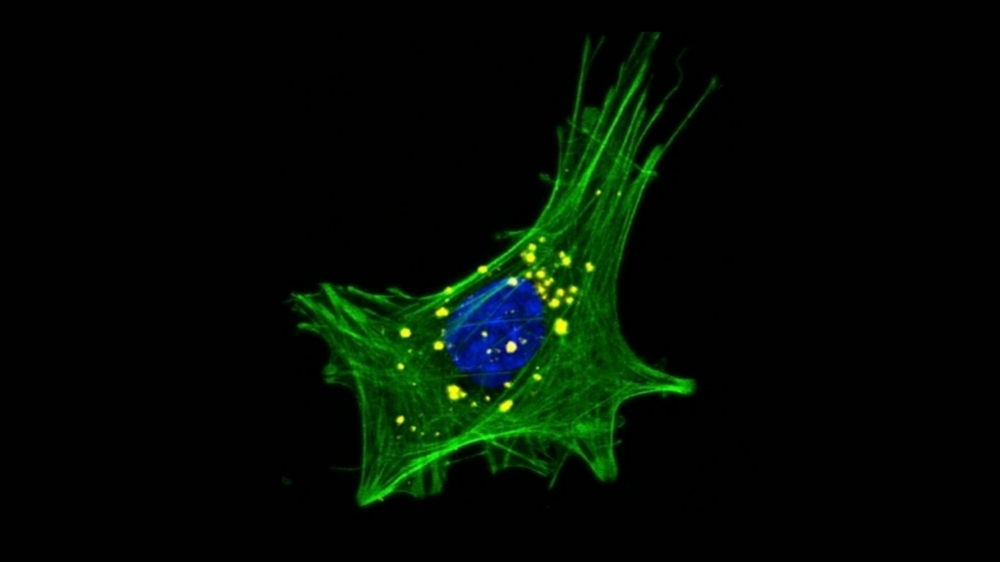
Experiments conducted in Brazil suggest that molecules secreted by the bacterium Akkermansia muciniphila, more abundant in Parkinson’s, promote aggregation of the protein alpha-synuclein in intestinal cells. Clumps of the protein, which are known to be associated with development of the disease, may migrate from the gut to the brain.
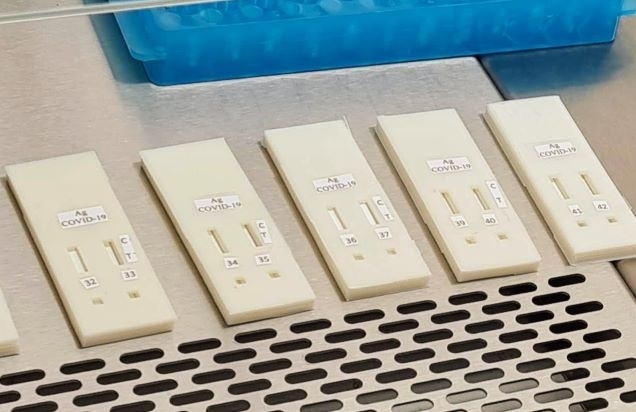
The startup supported by FAPESP produces all of the inputs for the test and will supply them to partner companies that will assemble kits and distribute them to retailers.
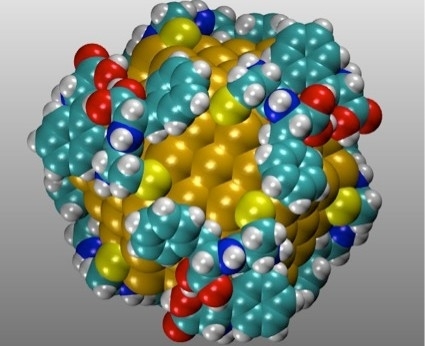
The material is not an active ingredient but an adjuvant, and was successfully tested on an influenza virus in research conducted by an international team of scientists with Brazilian participation and reported in an article in Nature.
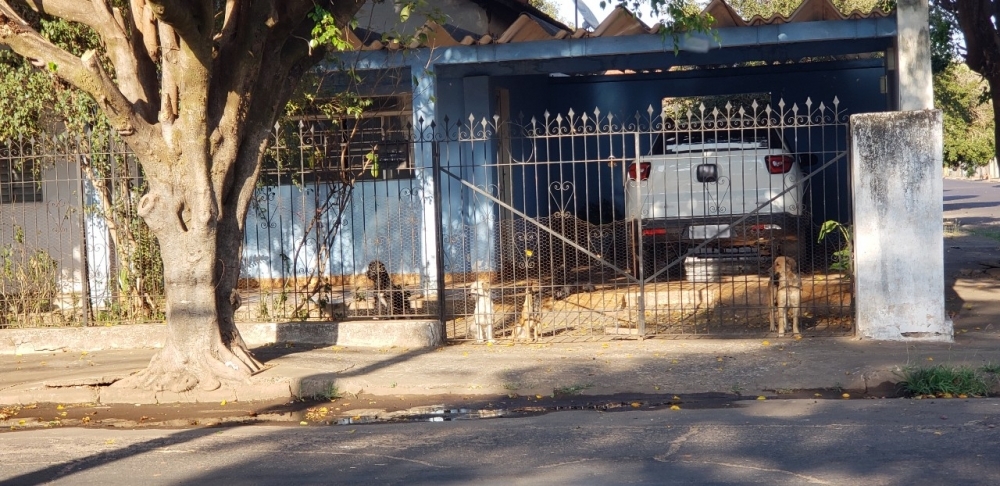
In an article published in the journal PLOS ONE, Brazilian scientists show that the number of domestic dogs in an area influences the risk of transmission of the disease and that areas in which cases occur remain high-risk areas.
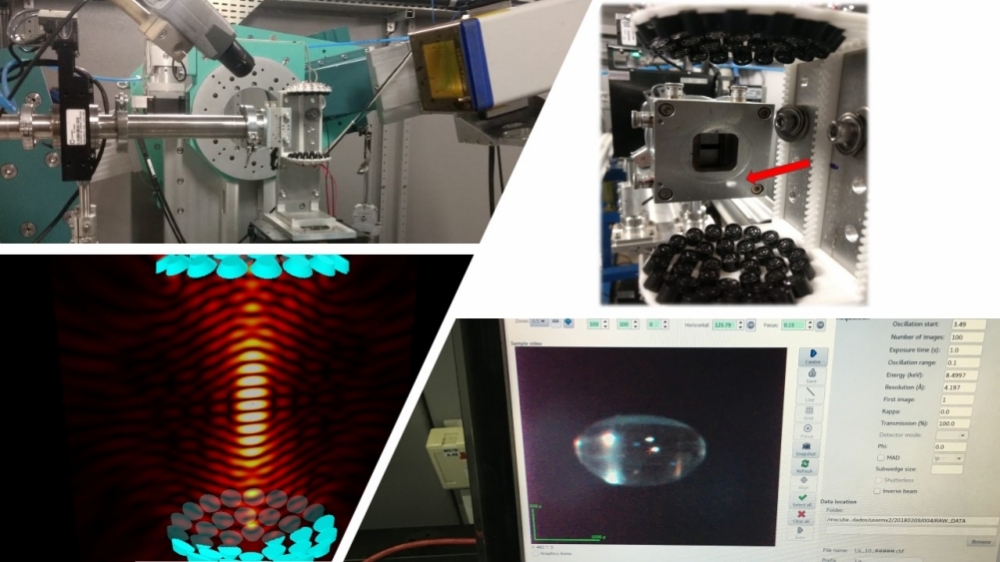
By combining acoustic levitation and X-ray diffraction with synchrotron light, the researchers were able to analyze the interactions of a drug’s atoms in real time and improve its formulation.

The finding by Brazilian researchers was based on data for 3,587 adolescents who took part in the US National Health and Nutrition Examination Survey (NHANES). Another finding of concern is a 63% higher risk of visceral obesity, which correlates closely with metabolic and cardiovascular diseases.
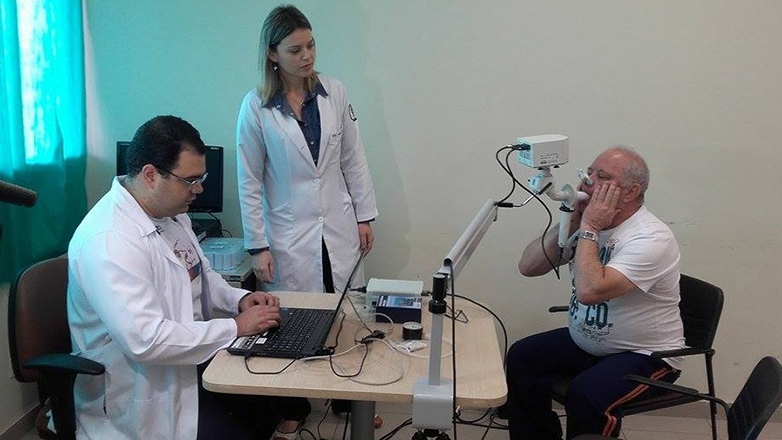
Results published in Scientific Reports by a research group at the Federal University of São Paulo help scientists understand why patients with metabolic syndrome are among those worst affected by COVID-19.

This was the main finding of a study by scientists affiliated with a FAPESP-supported research center. The effect may be associated with a mechanism whereby the fruit increases expression of an insulin-related microRNA.

In an editorial in the British Journal of Sports Medicine, Bruno Gualano, a professor at the University of São Paulo (Brazil), reviews what scientists know about the relationship between regular exercise and the disease caused by SARS-CoV-2.
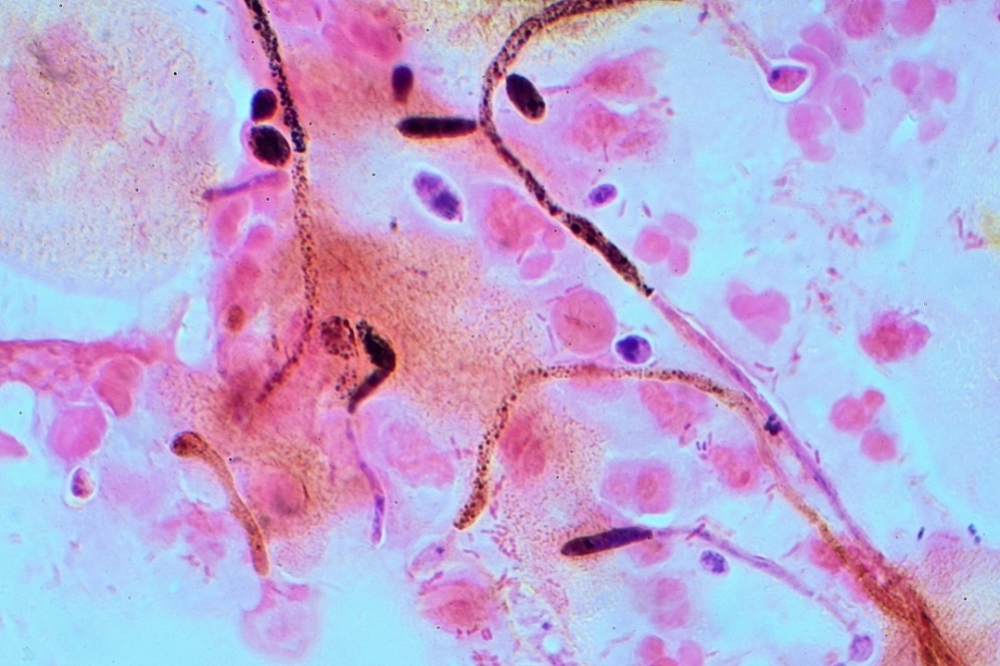
A study shows how extracellular vesicles share information among cells in the same species, enabling the colony to respond in a coordinated manner to the host organism’s defenses.

Pythiosis affects humans, horses and other animals, often requiring surgery and even amputation. A study conducted at São Paulo State University has discovered seven potential antigens that can serve as a basis for tests and vaccines.
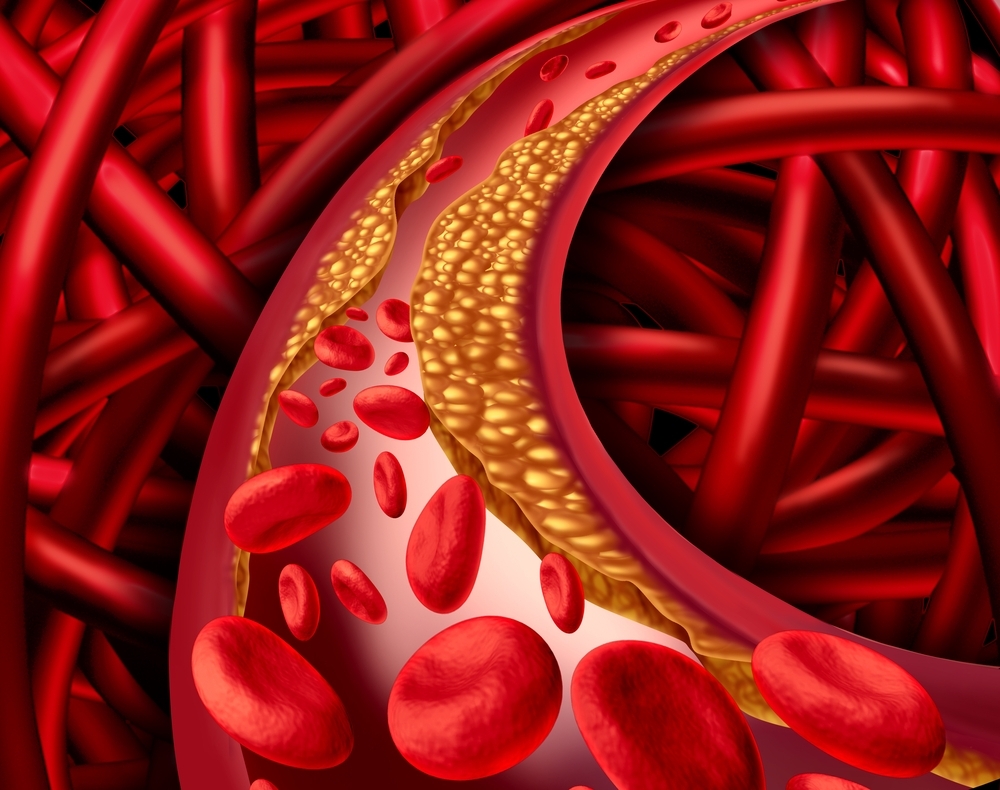
A study by researchers at the University of São Paulo advocates closer monitoring of these patients and prescribing more powerful drugs to combat atherosclerosis.
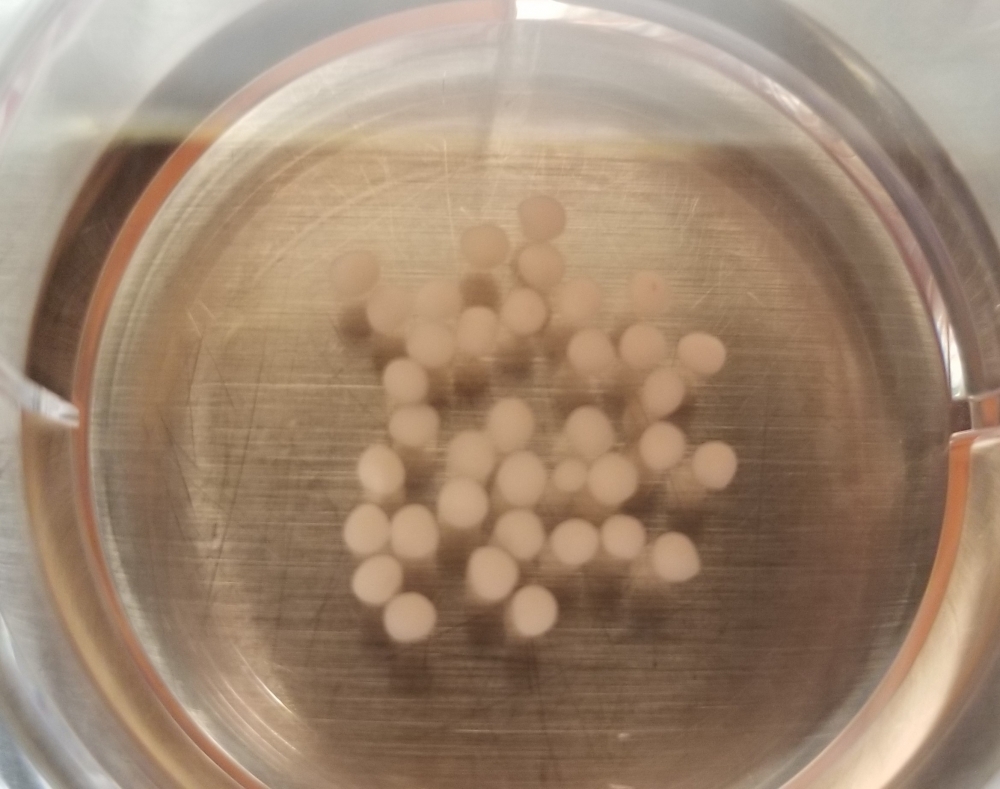
Scientists at a FAPESP-funded research center reprogrammed skin cells from patients with epilepsy to differentiate into cortical organoids with hallmarks of the malformation known as focal cortical dysplasia.
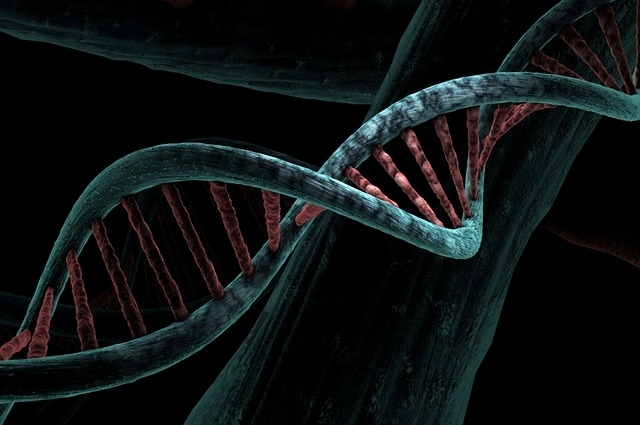
Whole-genome sequences of 1,171 elderly people living in São Paulo City were analyzed to detect mutations responsible for disease or that play a key role in healthy aging.
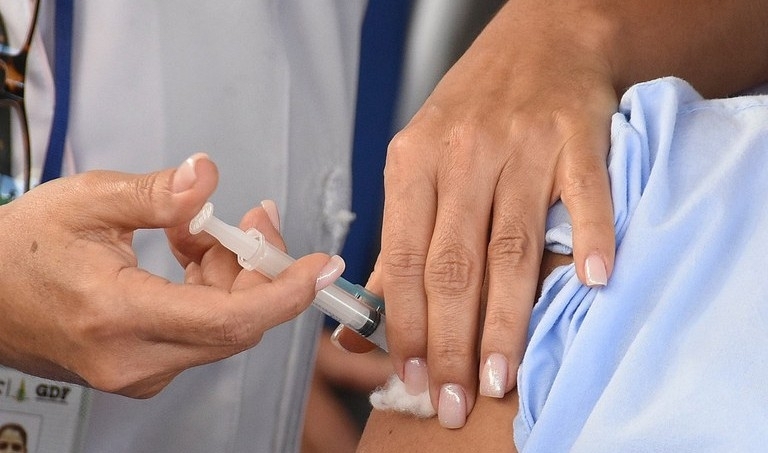
Brazilian researchers measured this increase in immunity in a study involving health workers who had received two doses of CoronaVac. In subjects given the Oxford-AstraZeneca vaccine, the same booster raised immunity by a factor of 7.
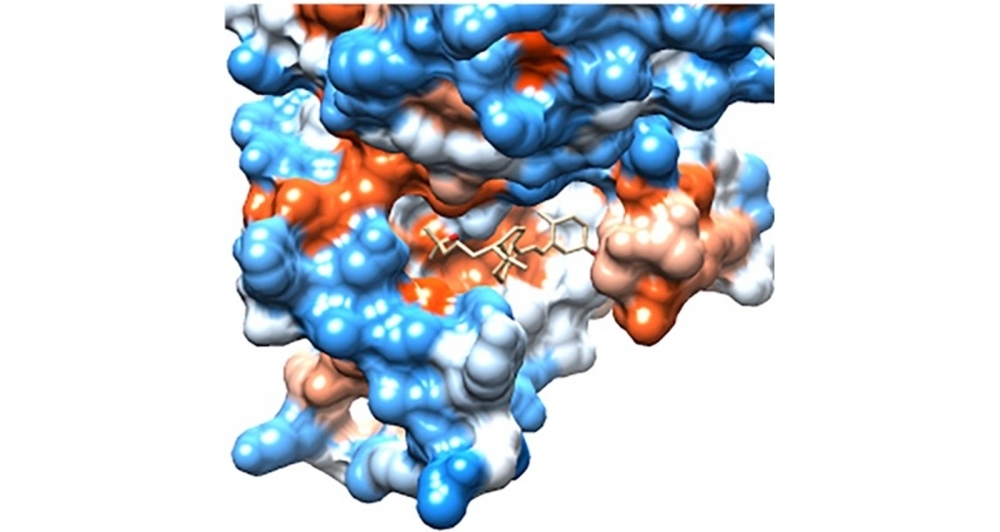
Triple-negative breast cancer grows rapidly and is highly likely to metastasize. Experiments with mice identified a molecule that binds to a defense cell receptor and activates an immune response against the tumor.

Researchers at São Paulo State University followed young men and women aged 20-40 without pre-existing disease. The findings show that obesity and physical inactivity increase the impact of the disease on the autonomic nervous system, which regulates blood pressure, heart rate and breathing, among other functions.
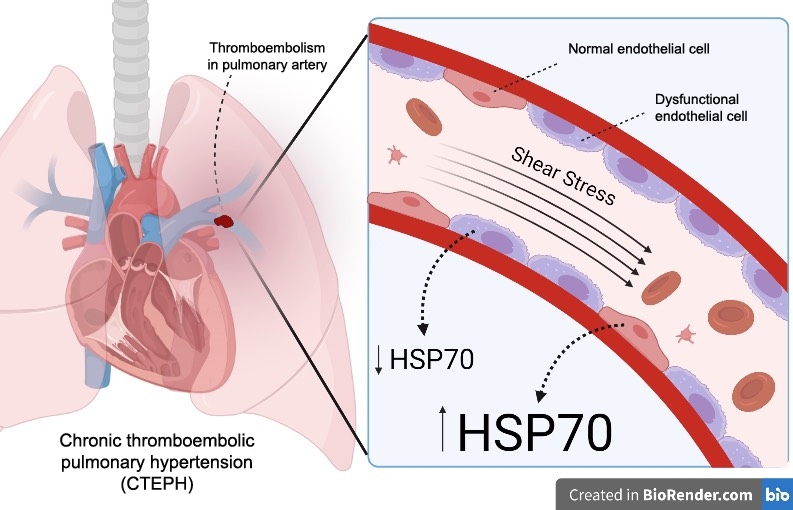
First-ever study to show correlation between inhibition of protein HSP70 and dysfunction of cells in inner lining of blood vessels, one of the factors involved in chronic thromboembolic pulmonary hypertension.
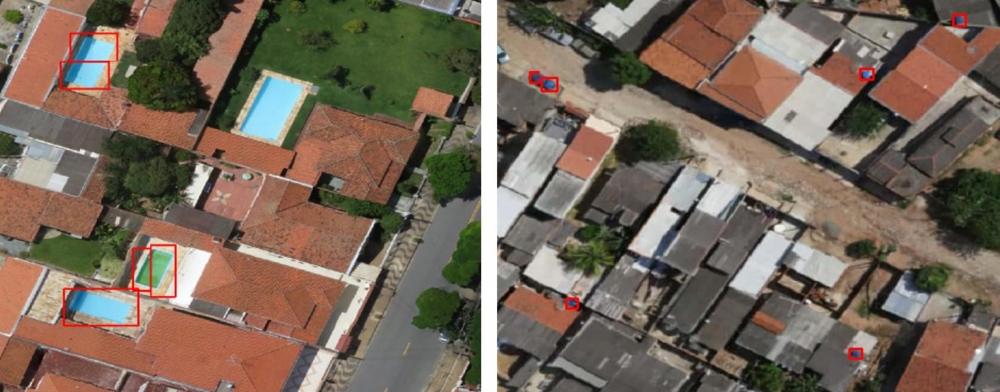
A study conducted in Brazil combined use of aerial photography and artificial intelligence to identify socio-economically deprived urban areas at risk for diseases transmitted by Aedes aegypti.